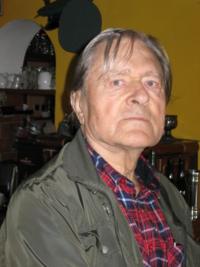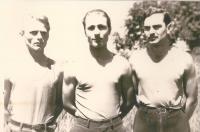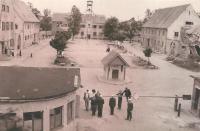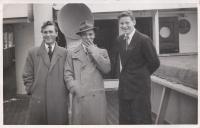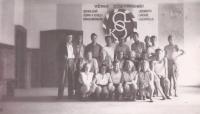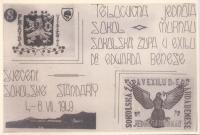When I saw the post-war development I was wondering why no one was doing anything to counter it

Download image
Jiří (Georg) Krotil was born in Prague on 10 February 1931. During the war, his brother-in-law Jiří Klečka was an illegal radio operator and sister Božena deciphered the secret transmissions. His brother-in-law died during a Gestapo raid, and his sister and mother were held at the Ravensbrück concentration camp and his father in Prague-Pankrác. Considering the post-war developments and the outlook for Czechoslovakia, Jiří left the country in July 1948. Going through Čerchov in West Bohemia to refugee camps in Germany, he eventually settled in Norway. Before that, he met Ota Rambousek, a person he knew from Prague, in one camp. Rambousek soon started operating as a walker agent for CIC, involving Jiří’s other brother-in-law Svatopluk Lacina in the activity; as a result, Lacina ended up in Jáchymov and Jiří’s parents in eviction in the Krkonoše promontory. Jiří spent the rest of his life partially in Norway, but mostly working as a cabin boy on ocean liners.
